A tale of intrigue, a murdered god, and the business of necromancy,
THREE PARTS DEAD by Max Gladstone
is an intriguing urban fantasy set in a phenomenally built alternate reality!
“The combination of legal thriller and steam-powered fantasy may seem improbable, but Gladstone makes it work with an appealing cast and a setting rich
with imaginative details…. the story remains suspenseful and fast-paced throughout, and the diverse, female-led cast is a joy
to follow through the fascinating and unusual landscape.”
-- Publishers Weekly «starred review«
“Sci-fi, fantasy and a murder mystery all rolled in one…really exciting and fast paced with unexpected twists and turns. It culminates in a big surprise ending.”
—RT Book Reviews
A god has died, and it’s up to Tara, first-year associate in the international necromantic firm of Kelethres, Albrecht, and Ao, to bring Him back to life before His city falls apart.
Her client is Kos, recently deceased fire god of the city of Alt Coulumb. Without Him, the metropolis’s steam generators will shut down, its trains will cease running, and its four million citizens will riot.
Tara’s job: resurrect Kos before chaos sets in. Her only help: Abelard, a chain-smoking priest of the dead god, who’s having an understandable crisis of faith.
When Tara and Abelard discover that Kos was murdered, they have to make a case in Alt Coulumb’s courts—and their quest for the truth endangers their partnership, their lives, and Alt Coulumb’s slim hope of survival.
Set in a phenomenally built world in which justice is a collective force bestowed on a few, craftsmen fly on lightning bolts, and gargoyles can rule cities, Three Parts Dead introduces readers to an ethical landscape in which the line between right and wrong blurs.
ZombieGirl
Shambling Guest blog
Dead
Gods
By Max
Gladstone
How does a god die? And what happens afterward?
We don’t think of gods as mortal, but they
do perish. Dead gods litter
history. Some of their names we know,
like Mithras; some we only call “God A,” or “the Staff God,” deities robbed of
everything but symbol.
Some
even die before history crushes them, inside their own myths or those of
others. Baldur dies, stabbed by
mistletoe, robbed of resurrection.
Cronos dies at his children’s hands.
The various waves of gods that settled Ireland die, killed and displaced
by their successors, until a final truce allows the Tuatha De Danaan to dwindle
away in relative peace, reduced to “fair folk.”
Some think these myths record movements of history: tribes displaced,
one group of conquerors giving way to the next.
Maybe so, maybe not—it’s a cool thesis, though, and gods, especially
old-model gods, do seem tied to a certain people, a certain way of life and a
certain time.
And as
times (and ways of life) change, gods change in response to them. Older gods are displaced by younger. Apollo becomes god of prophecy in addition to
plague by killing the Pythia—another dead god for our list—and assumes her
powers.
So gods
change. They grow with their nations,
and they die with them.
Our
modern world might not be ruled by gods in the ancient Greek model, but
impersonal, immaterial, and fickle forces do shape our destiny. Back in 2008 when the recession started,
people looked around as if the sky were falling. Immaterial calamity had a dramatic, and
direct, impact on the world we inhabit.
Three
Parts Dead takes
that image and runs with it. What if the
passing of gods caused the passing of nations, not the other way around? A god’s death would lead to a crisis—institutions
failing, people rioting in the streets.
New gods might rise in the vacuum, of course, or other powers step forth
to take their place. But there would be
parties anxious to stem the tide of social unrest, to preserve the status quo,
by bringing the dead god back to life.
Of
course, these parties would have their own agenda. Not everyone would want the god returning
from death to be the same one who died.
Those arguments would play out at the highest levels of power, politics,
and religion, down to the streetcorner prophet.
Death and resurrection become the subject of courtroom drama and
political scheming.
My main
character, Tara, stands in the middle this chaos: a young necromancer trying to
make her way in the world independent of gods, she’s nevertheless tasked with
bringing a god back to life.
And when
she starts to ask the question of how
this god died, and why, the
answers she finds will shake the foundations of the city she’s come to save.
Twitter: @maxgladstone
Bio: Max has taught in southern Anhui, wrecked a bicycle in Angkor Wat, and been thrown from a horse in Mongolia. Max graduated from Yale University, where he studied Chinese.













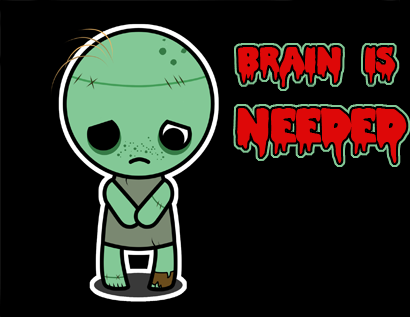





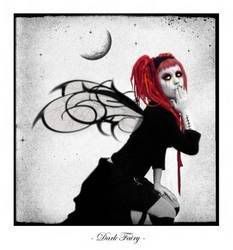

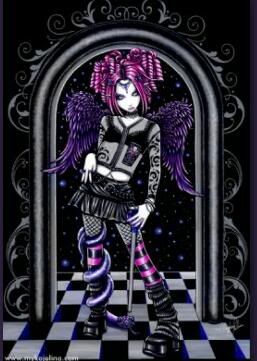

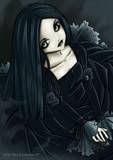

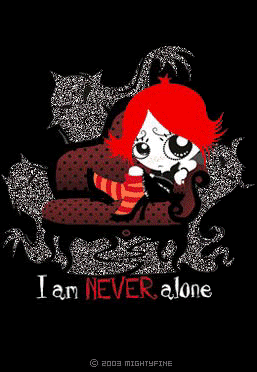




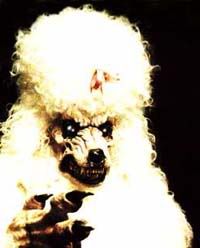
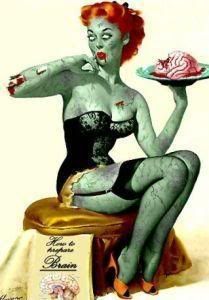


















This blurb has me hooked! Another onto my wish list :)
ReplyDeleteI needed to thank you for this very good read!
ReplyDelete! I absolutely loved every bit of it. I have got you saved
as a favorite to look at new stuff you post…
my blog weight loss